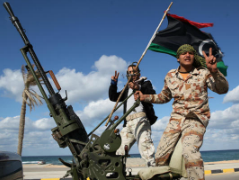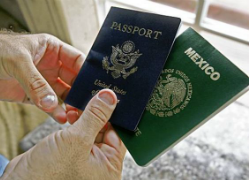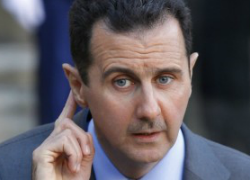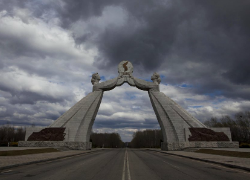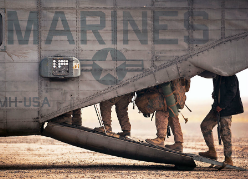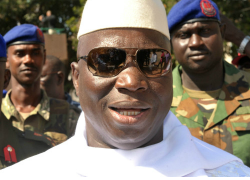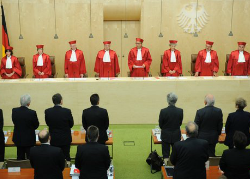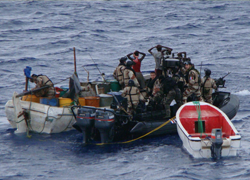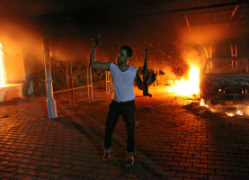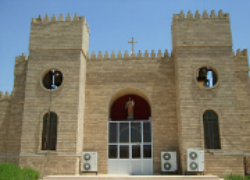Critical Analysis: Disbanding Libyan Militias
According to USA Today, President Mohammed el-Megaref called for “all of the country’s militia to come under government authority or disband.” This move appears to be aimed at harnessing popular sentiment against the militia groups around the country. Since the revolution last year that saw such groups topple Dictator Moammar Gadhafi, there has been public … Read more

